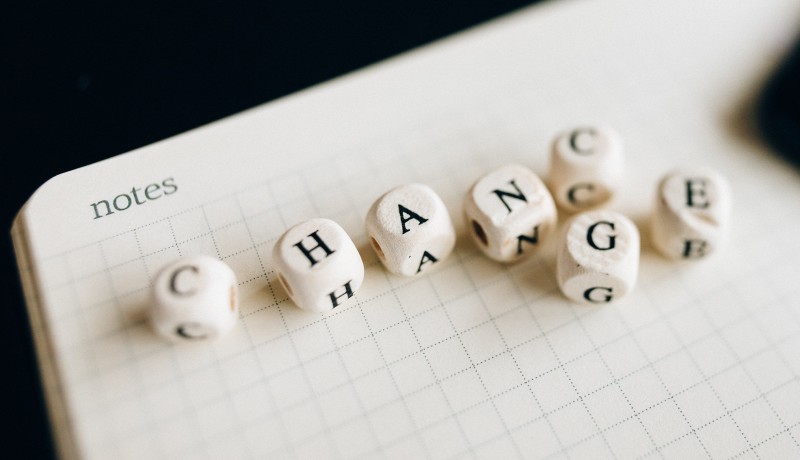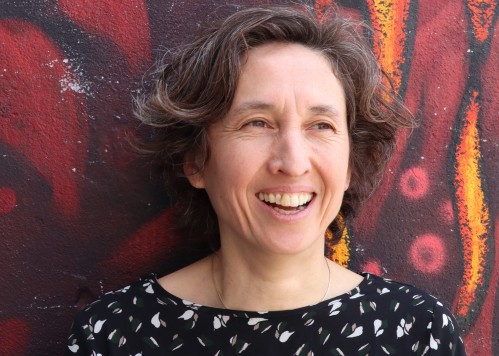Engineers as changemakers: Have the empowerment to make a change
April 11, 2023
on
on

Erlijn Sie is the Global Leader Corporate Partnerships & Alliance at Ashoka, which is “the largest international network of System Changing Social Entrepreneurs. We have over 4000 system changers in over 100 countries. I’m not from the electronics industry but felt a connection immediately with the mission of Ethics in Electronics. We want to shift industry into creating a more positive contribution to society.”
Priscilla: What ethics in electronics are you working on?
Erlijn: We do this with entrepreneurs such as Bas van Abel the founder of Fairphone. He actually started with a campaign on the issue of blood diamonds and wars around the mining of gold. This led him to build a social enterprise making a phone while he improves the sourcing of fair-trade gold. The electronics industry had been saying that tracing gold back to the source was impossible, so you can’t hold us accountable. He said let me do it and he did. His phone now traces gold all the way back to the small artisan miners. Even if the scale of Fairphone is small, this is really a radical change in the industry because the old saying that it can’t be done is no longer true.
Farid Nallim has built an e-waste system in Argentina and both the industry and consumers are shifting the mindset that they shouldn’t waste electronic devices but they could be recycled. He is adapting the infrastructure and developing a new norm like the WEEE.
This is what the changemakers in the Ashoka network are doing. Once it’s done, you see other electronic giants wanting to join.

Priscilla: What is the most important ethical question in your field?
Erlijn: In the last decade, Ashoka shifted because we understood that these amazing social entrepreneurs are not enough to change an industry. We started to look at the characteristics of their attitude we call ‘change making’. Every company has to fight their own battles to become better, to become a force for good. The manufacturing industry is huge and very unsustainable at the moment. I think it’s fair to say there are a couple of root causes in the electronics industry, and none of the companies are able to change this alone. All of us can play a role here. We do this by installing a culture of changemaking in a company and making every engineer a change maker. We always do this in collaboration with a social entrepreneur.
Priscilla: What would you like to include in an Electronics Code of Ethics?
Erlijn: I would like engineers to consider themselves as changemakers. To have the empowerment that you can and should make a change. You don’t have to sit still and wait for the ethical policy; you just start doing it tomorrow in your own role.
Priscilla: In what role do you have most EiE power?
A) Engineer B) Mother C) Ashoka employee
Erlijn: A. I still feel like an engineer, but what I engineer now is system change. This works by conveying this thinking through storytelling and thought-leadership that yes, you can do this.
Priscilla Haring-Kuipers writes about technology from a social science perspective. She is especially interested in technology supporting the good in humanity and a firm believer in effect research. She has an MSc in Media Psychology and makes This Is Not Rocket Science happen.
Ethics in Electronics
EiE (Ethics in Electronics) inspires global innovators with open discussions and publications about ethics and sustainable development goals.
Visit ethicsinelectronics.com for inspiration and to participate.
Read full article
Hide full article


Discussion (0 comments)